Cancer discovery news
Our researchers are making the discoveries that defeat cancer. Read the latest findings from our world-leading research.
Visit our main news hub to read about news on new funding, our fundraising activities and much more. If you want to keep updated on our news, you can follow us on social media or sign up for our Search newsletter.
If you’re a journalist and want to find out more, you can contact our media relations team.

Scientists discover new weakness in drug-resistant sarcomas, offering hope for smarter treatment strategies
In a major step forward for cancer research, scientists have uncovered a surprising vulnerability in soft tissue sarcomas – a rare and aggressive group of cancers that affect the soft tissues of the body, such as muscle, fat and blood vessels.
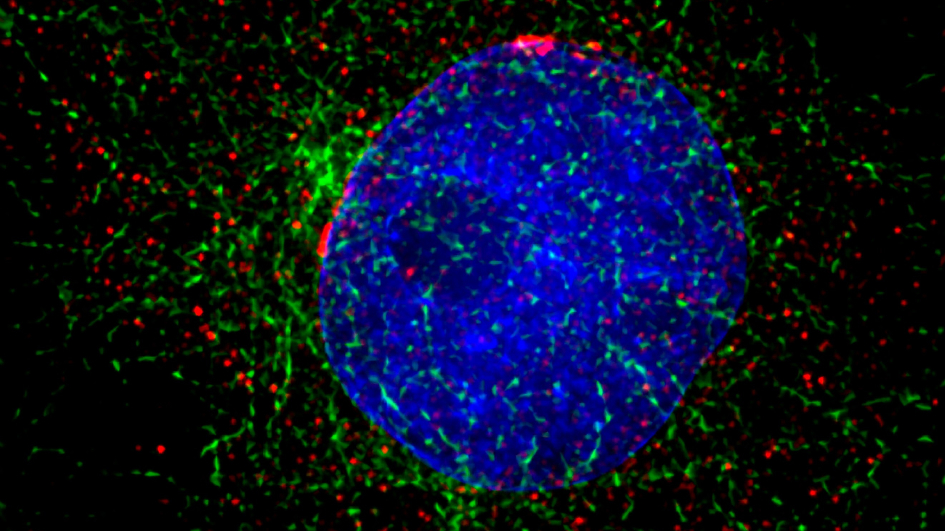
International trial shows combination immunotherapy treatment significantly improves survival in high-risk kidney cancer patients
Combination immunotherapy treatment significantly improves disease-free survival following surgery in patients with the most common type of kidney cancer, according to new research.
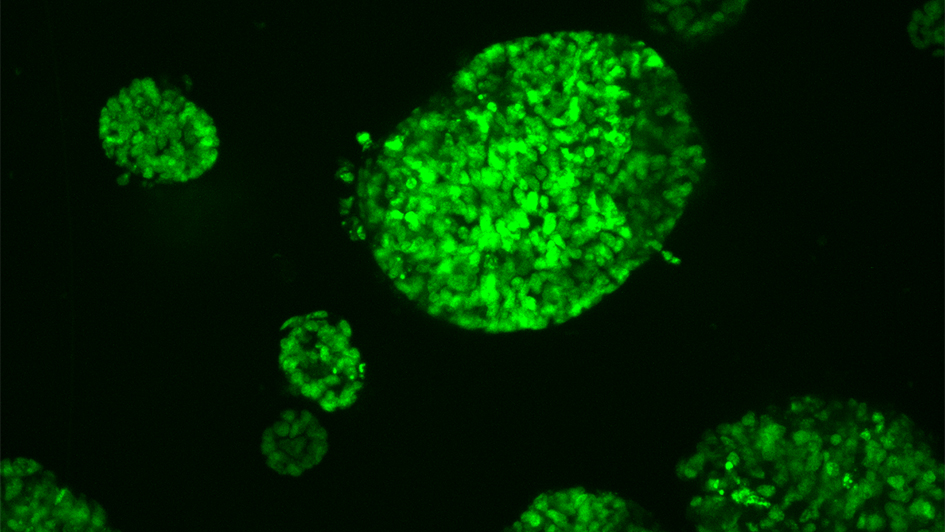
Global study challenges ‘cancer epidemic’ in young adults – except for bowel cancer
Cancer cases in both younger and older adults are increasing, challenging the idea that a global rise is only occurring in the under 50s, a major new analysis by The Institute of Cancer Research, London, has found.
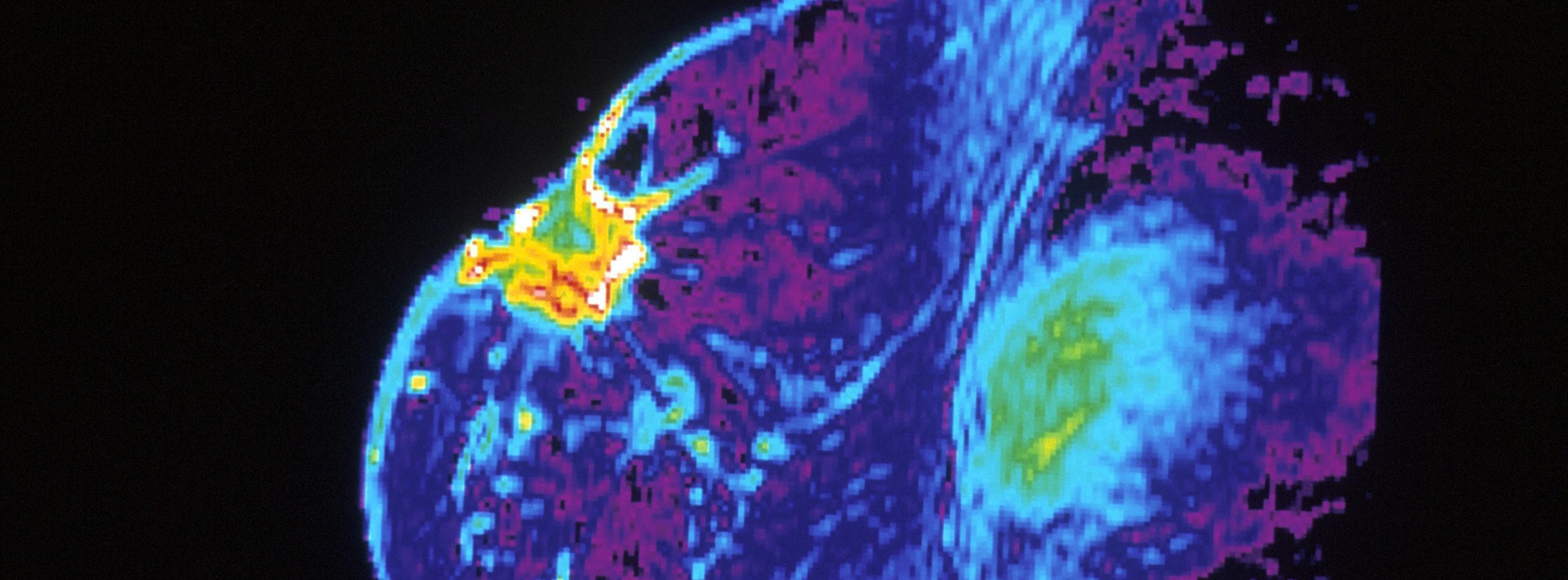
Targeted drug prolongs survival in breast cancer patient group
Patients with HR+ and HER2- node positive high-risk early breast cancer experience improved long term overall survival seven years on, following two years of taking a targeted drug alongside standard hormone therapy, according to new research.
.png?sfvrsn=364266fe_1)
‘Smart jab’ shows promise in treating advanced head and neck cancer
A new type of cancer treatment which is given via an injection under the skin has shown early signs of success in patients with advanced head and neck cancer.
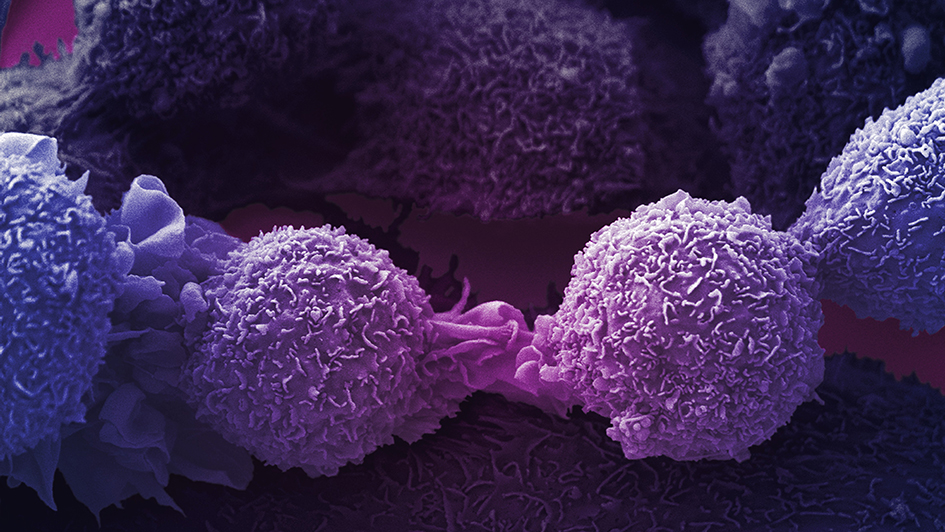
New drug shows dramatic effect in shrinking lung cancer tumours
A new drug is having a dramatic effect on shrinking lung cancer tumours, according to new research.
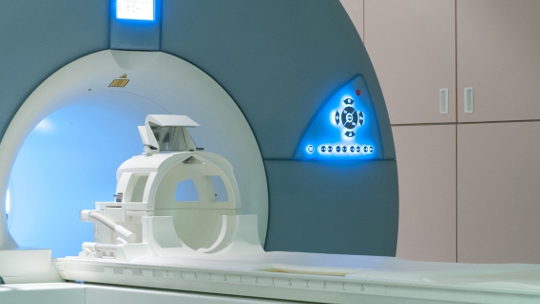
MRI scan before bladder cancer surgery shown to save lives
Giving patients with suspected bladder cancer an MRI scan before surgery could mean they would be treated more quickly, leading to fewer deaths due to the disease, new ICR-led research suggests.
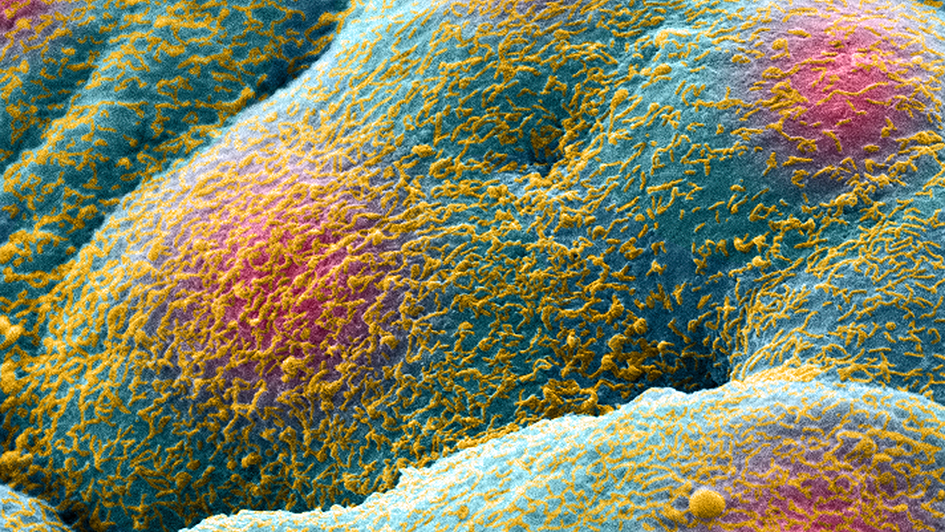
Men with BRCA1 and BRCA2 gene mutations should get annual prostate cancer screening
Prostate cancer guidelines should change so that all men from the age of 40 with mutations in either the BRCA1 or BRCA2 gene are offered regular PSA testing to detect early signs of the disease, experts are urging.
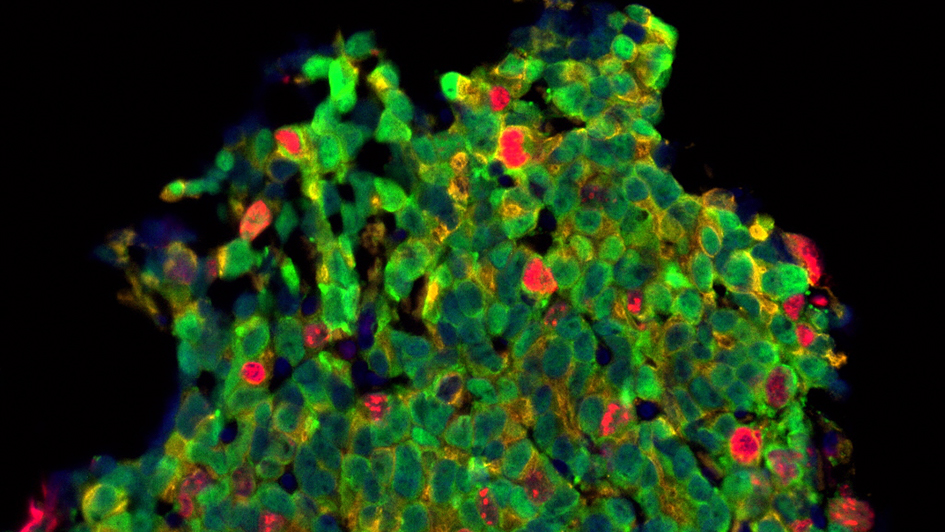
New drug combination to tackle advanced prostate cancer
Up to two in five advanced prostate cancer patients could be treated with a combination of two targeted drugs, according to new research.
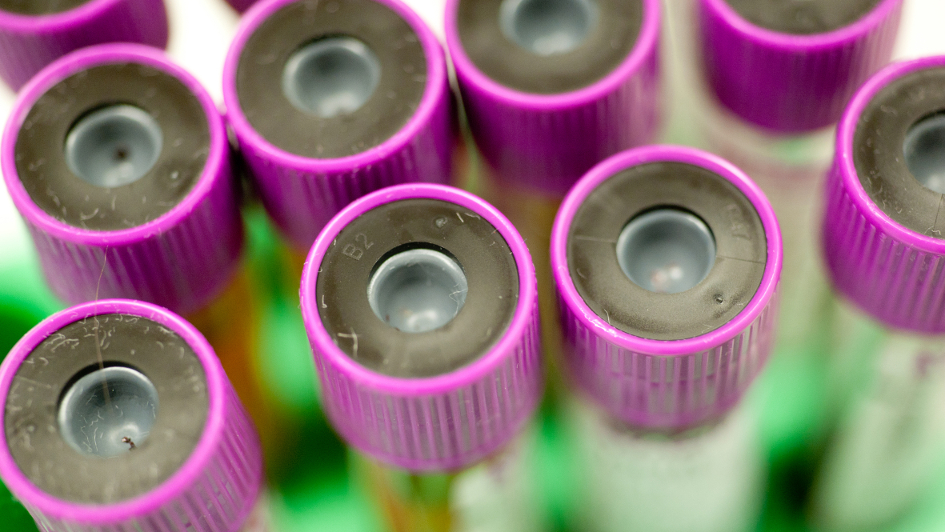
New research identifies a more accurate way of predicting which blood cancer patients will relapse early
Scientists have identified a more accurate way of predicting which patients with multiple myeloma, a type of blood cancer, are likely to relapse early following treatment.
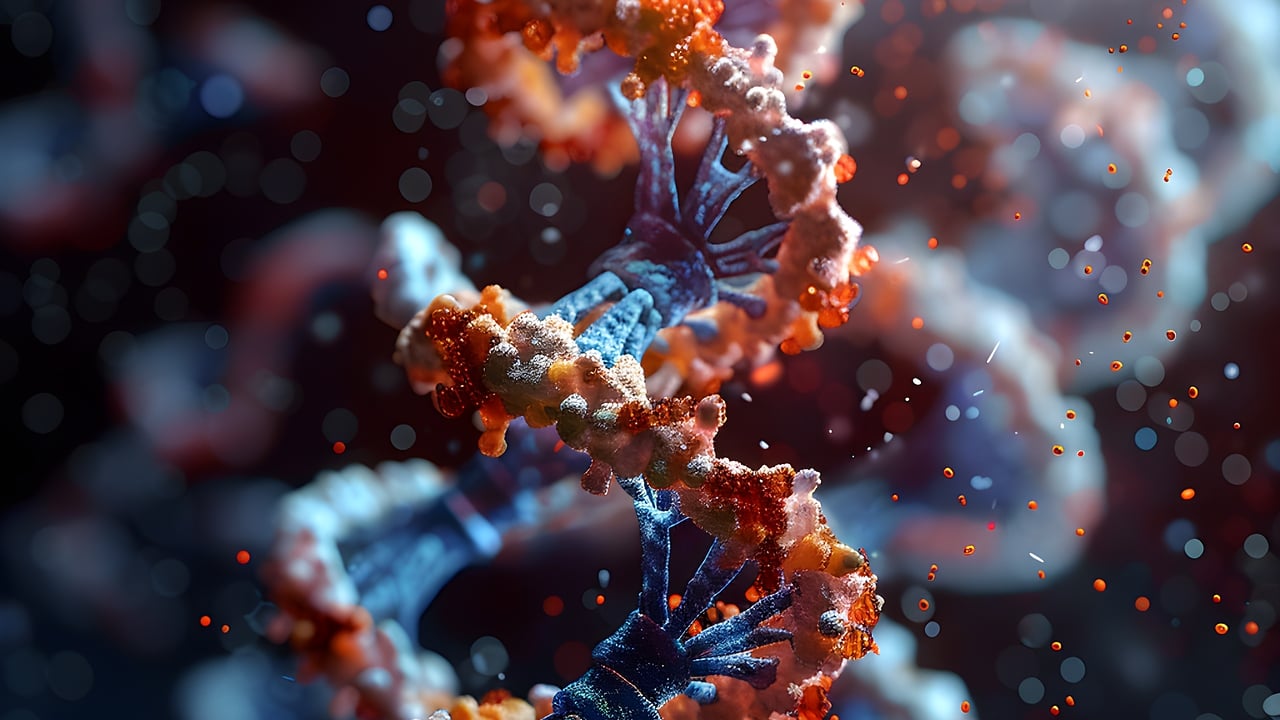
Stress may increase cancer risk in people with inherited cancer genes
Suffering from psychological stress could further increase cancer risk in those already genetically predisposed to the disease, according to new research.

Innovative dual treatment shows promise in tackling deadly cancer
A new study has revealed a promising therapeutic strategy for pancreatic cancer, offering new hope for people living with this disease.